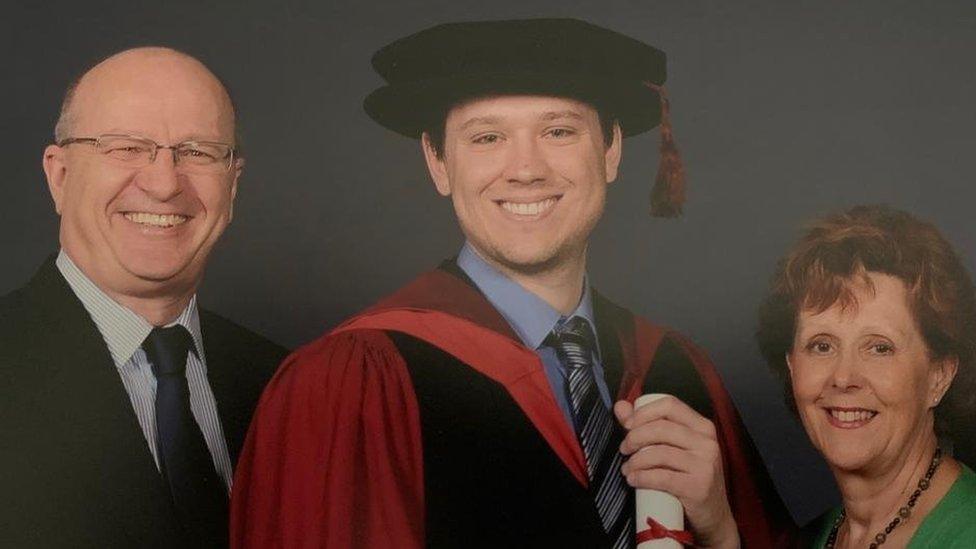Not being called to inquiry is 'kick in teeth'
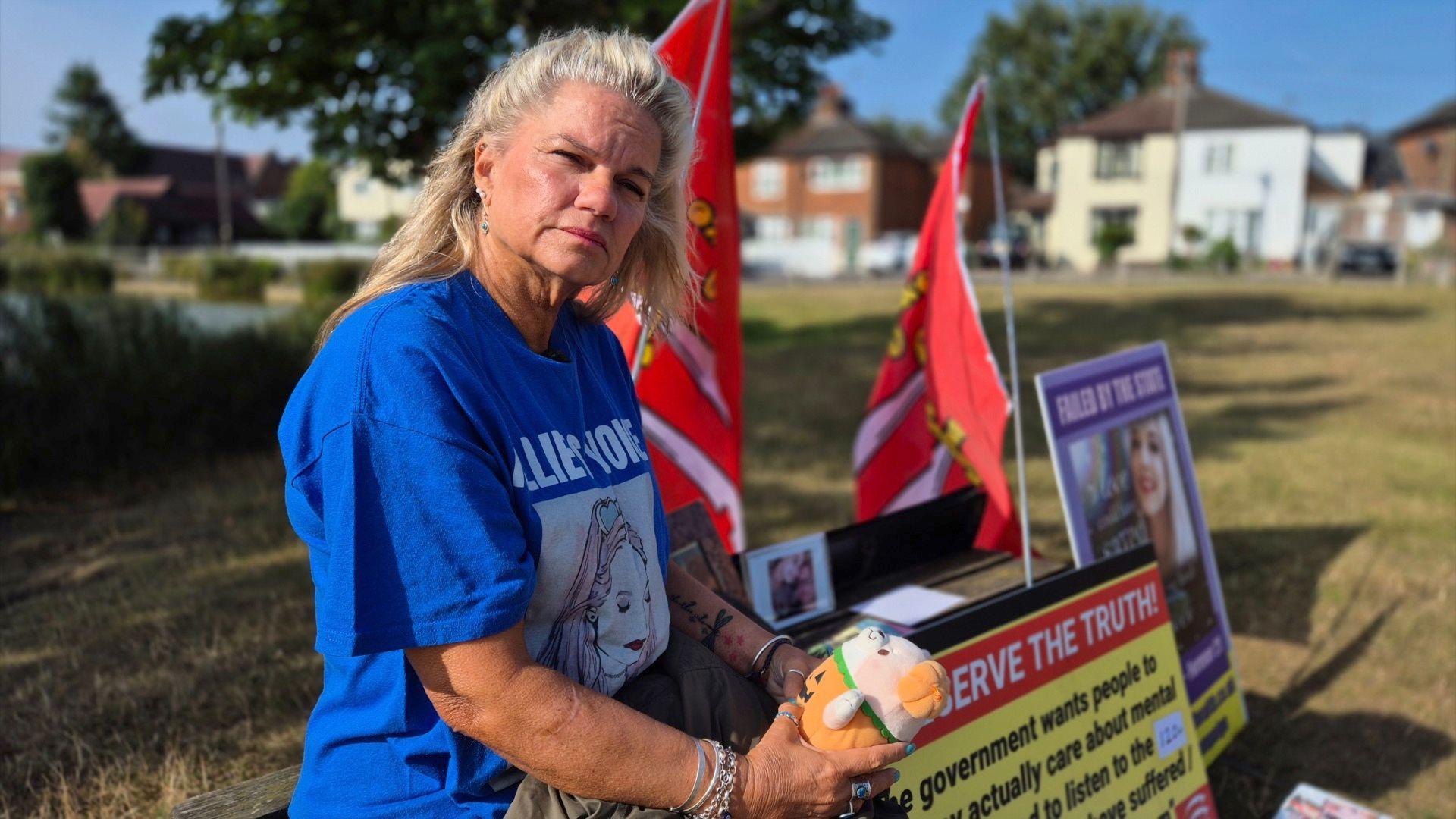
Lisa Bates has campaigned ever since losing her daughter Tillie-Anne in 2020
- Published
Bereaved families are among those who are "angry and upset" at being denied the opportunity to play a key role in an inquiry into mental-health related deaths.
The Lampard Inquiry, which began on Monday, is looking into the deaths of more than 2,000 people who received mental health inpatient care in Essex between 1 January 2000 and 31 December 2023.
More than 100 people applied to be "core participants" of the inquiry, but a third were turned down as they did not meet the criteria.
The Lampard Inquiry said it was not necessary to be a core participant to engage meaningfully with the process.
'Nothing will change'
The inquiry is looking into the cases of those mental health patients who died under the care of Essex Partnership University Trust (EPUT) or within three months of being discharged.
Core participants are described on the inquiry’s website as those who "may receive disclosure of evidence, make opening and closing statements, and suggest lines of questioning for witnesses".
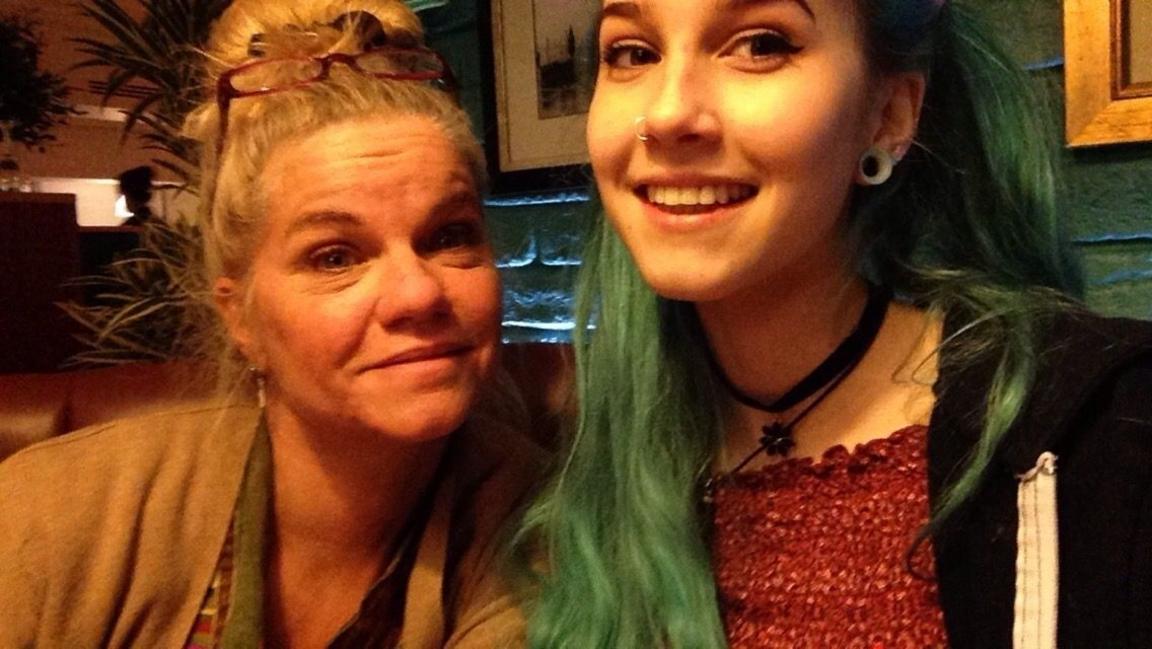
Lisa says her daughter Tillie-Anne was "an amazing soul"
Tillie-Anne King was 21 when her body was found at home in Brentwood by her mother, Lisa Bates. She had battled for years with multiple conditions including borderline personality disorder, anorexia and depression.
Ms Bates said she had applied twice to the Lampard Inquiry to be a core participant, but was turned down because her daughter had died a couple of days outside the three-month window.
"I feel very, very angry and very sad," she told the BBC.
She said her daughter had missed the cut-off deadline because she was having a manic episode and could not attend an arranged appointment.
"Why isn’t there a week or two leeway within that three months?
"Nothing will change if they don’t allow people like us in to tell them the truth," she added.
'I have so much to give'
Louise Mermut has also been denied the chance to be a core participant at the inquiry.
Describing herself as "a failed survivor", Louise had kept on top of her clinical obsessive compulsive disorder and anxiety disorder with medication for years until she fell pregnant and relapsed.
She said despite telling EPUT repeatedly that she knew it was a relapse, doctors had disagreed and put her on the wrong medication, treating her for depression instead.
"The way they came across was very patronising," Ms Mermut told the BBC.
"They were convincing me that it was something that it was not."
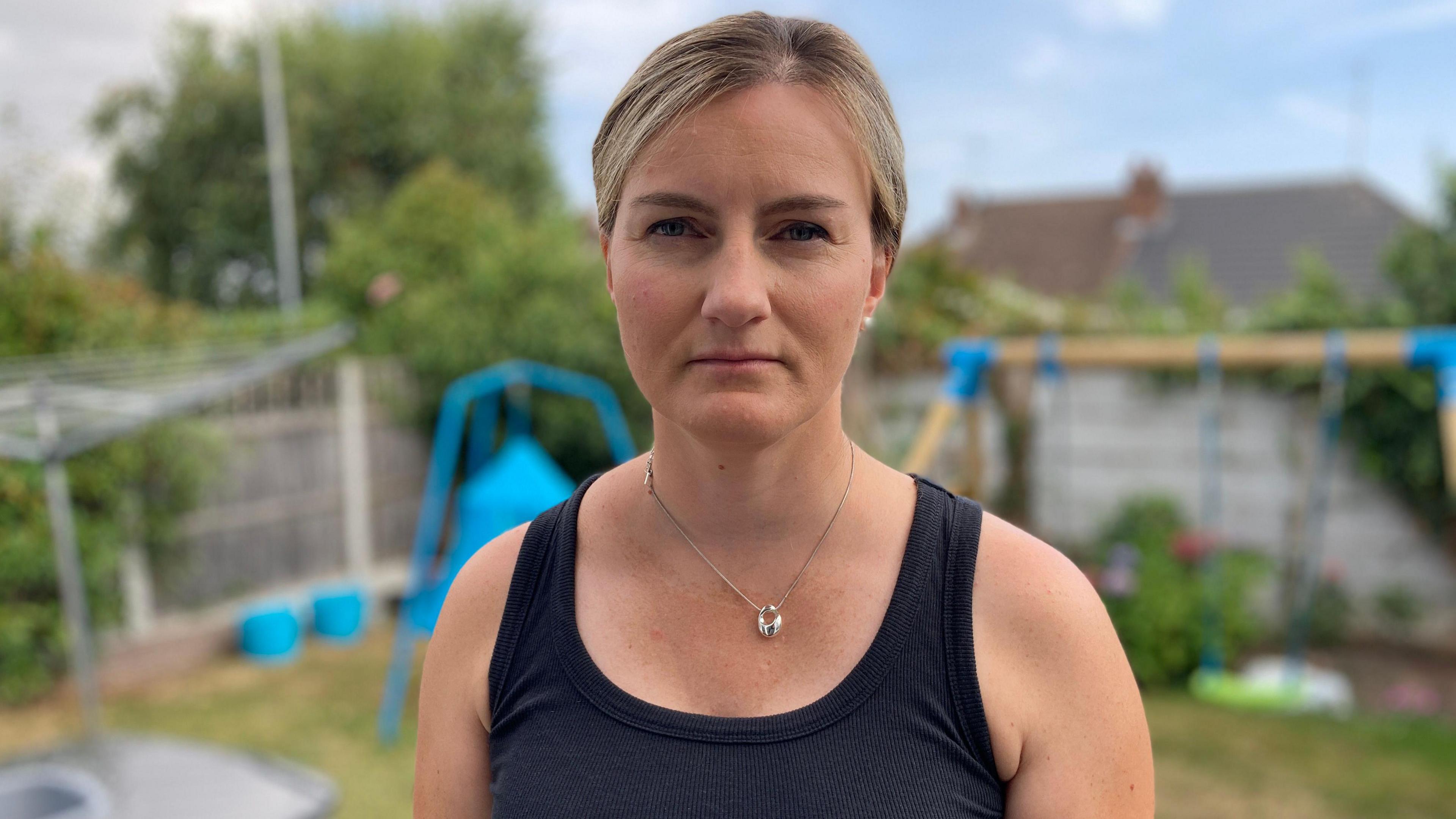
Louise Mermut describes herself as "a failed survivor" of EPUT
Being misdiagnosed meant she was unable to bring up her son for the first few years of his life, she said, as she "deteriorated into a catatonic, suicidal depression".
Missing out as a core participant had been "a real kick in the teeth", she added.
"I have so much to give," she said, describing it as “a real missed opportunity”.
"I know the bereaved families will want me to speak on behalf of those that they’ve lost because they experienced exactly what I did."
'Engage meaningfully'
The inquiry was established in 2021 but was only given statutory footing last year, which means it has legal powers to compel witnesses to give evidence.
At a previous inquiry, 11 mental health staff out of 14,000 came forward to give evidence.
The Lampard Inquiry says that it is "not necessary to be a core participant to engage meaningfully with the process", and that the experiences of those like Ms Bates and Ms Mermut are of "no less value in the eyes of the inquiry, than those provided by…core participants".
Paul Scott, chief executive of EPUT, said: "We know how painful this time will be for those who have lost loved ones and our thoughts are with them.
"We will continue to do all we can to support Baroness Lampard and her team to provide the answers that patients, families and carers are seeking.
"We would urge anyone with concerns around their current care, or that of a loved one, to contact us so that we can offer direct support."
Get in touch
Do you have a story suggestion for Essex?
Follow Essex news on BBC Sounds, Facebook, external, Instagram, external and X, external.
- Published28 June 2023
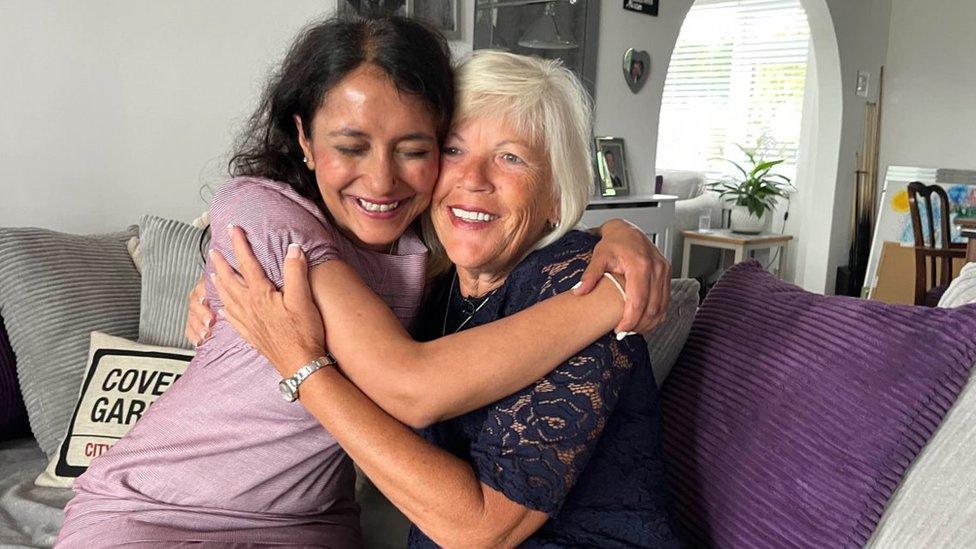
- Published29 July 2024
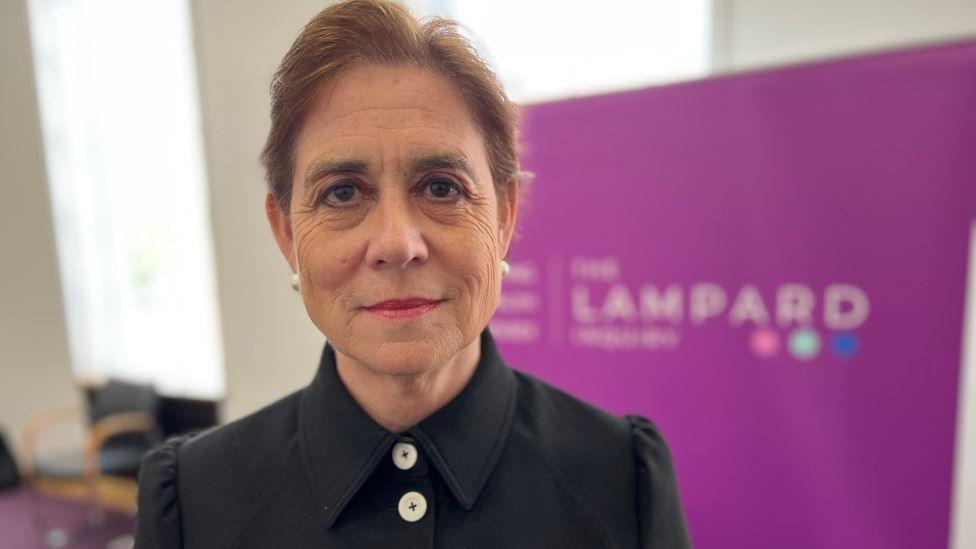
- Published28 March 2022
